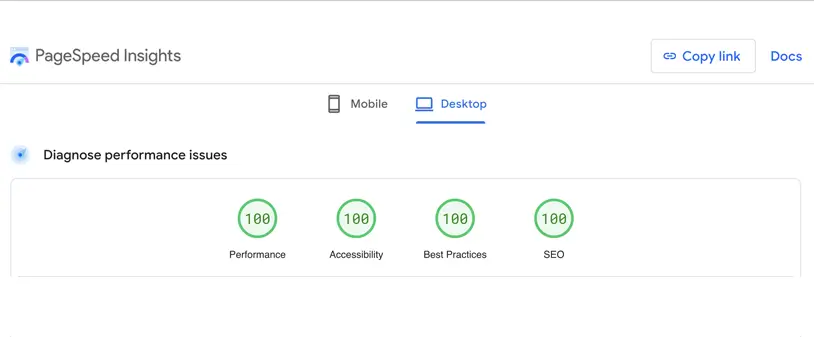
Tips for enhancing website performance
Website performance refers to how quickly and efficiently a website responds to user interactions. The time it takes for a web page to fully load is critical. Users expect websites to load in two seconds or less.
Slow loading times can lead to high bounce rates, meaning visitors leave the site before engaging with its content.
Here are some key aspects to consider when enhancing website performance
1. Optimize Images
Large images can significantly slow down your website, so it’s recommended to compress all images without losing quality. I use https://tinypng.com for image compression and it also offers 3 image formats to use including .webp which is great for compressing images without losing quality and loading speed.
2. Minimize HTTP Requests
Merge all CSS and JavaScript files into a single file to reduce the number of HTTP requests.
Combine multiple small images into one to reduce image requests.
3. Enable Browser Caching
Use a Content Delivery Network (CDN) to cache content closer to users.
4. Optimize CSS and JavaScript
Remove unnecessary characters from CSS and JS files.
Load scripts asynchronously to prevent blocking the rendering of the page.
5. Implement Lazy Loading
Load images, videos and iframes only when they are about to enter the viewport. This is possible using the IntersectionObserver API or loading=”lazy” attribute.
There are also libraries like https://github.com/verlok/vanilla-lazyload which can achieve the same effect.
6. Use a Fast Web Hosting Service
The choice of reliable web hosting provider can impact performance significantly. Selecting high-quality hosting solutions and optimizing server configurations can lead to faster response times and improved uptime.
7. Reduce Server Response Time
Regularly clean up and optimize your database.
8. Utilize Content Delivery Networks (CDNs)
Content Delivery Networks will distribute content across multiple locations to reduce latency and improve load times for users in different regions.
9. Monitor Performance
Tools like Google https://pagespeed.web.dev/ to analyze website performance.
Conduct regular performance audits to identify areas for improvement.
10. Optimize Code
Clean up any unused CSS and JavaScript functions or files.
11. Reduce Redirects
Minimize the use of redirects to decrease loading time.
12. Improve Mobile Performance
Ensure your site is optimized for handheld and mobile devices.
13. Keep Software Updated
Regularly update all CMS files, plugins and libraries to ensure optimal performance and security.
14. Optimize Web Fonts
If you are using a custom font, make sure to include only the character sets you need.
By implementing these strategies, you can significantly enhance your website’s performance, leading to a better user experience and improved rankings on search engines.

